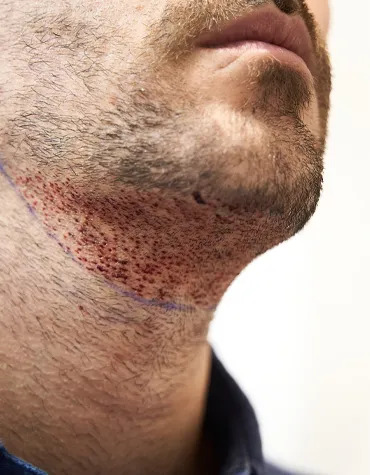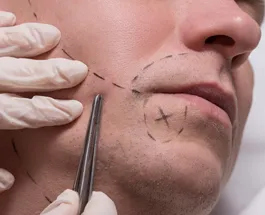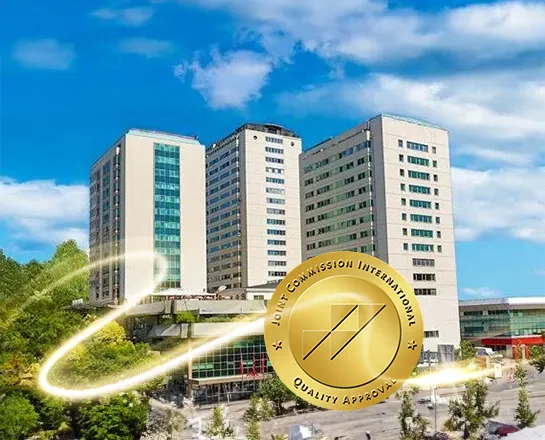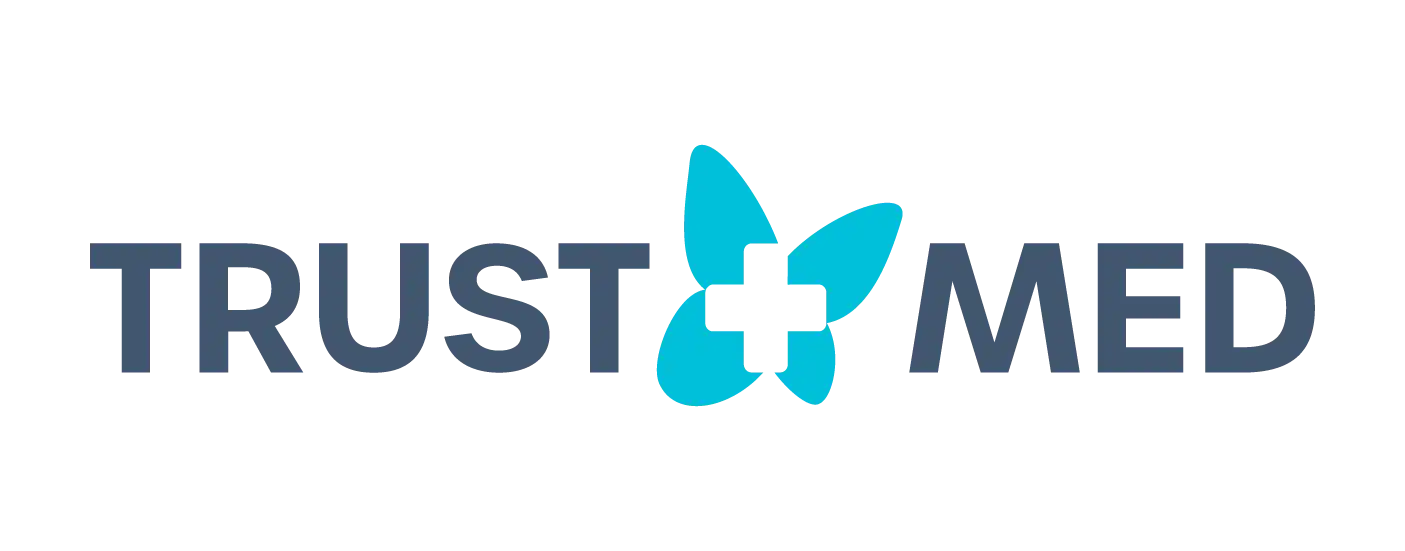Beard Transplant

Beard Transplant

Beard Transplant
A beard transplant is a minimally invasive surgical procedure that involves transplanting hair follicles from a donor site, usually the back of the scalp, to areas of the face where facial hair growth is sparse or absent. Using advanced techniques like the Choi pen method, our skilled surgeons meticulously implant individual follicles to create a fuller and more aesthetically pleasing beard that complements your overall look.
What is Beard Transplant?
Beard transplant, also known as facial hair transplantation, is a sophisticated surgical procedure aimed at enhancing the density and appearance of facial hair. Utilizing innovative techniques such as Direct Hair Implantation (DHI) and Choi pen method, our skilled surgeons meticulously harvest hair follicles from a donor site, typically the back of the scalp, and transplant them to the beard area with precision and accuracy. One of the most crucial aspects of the Choi pen technique is its ability to control the angle of hair follicle implantation. While traditional methods often implant hair at angles of 40-45 degrees, the unique design of the Choi implanter allows for more precise insertion at smaller angles, typically between 10-20 degrees.
This meticulous approach ensures that the transplanted follicles blend seamlessly with existing facial hair, resulting in a natural and aesthetically pleasing beard.
By strategically varying the angles of implantation, our specialists can achieve optimal density and distribution, resulting in a beard that grows naturally and harmoniously with your facial contours.

Beard Transplant at a glance
Beard Transplant

Who are the ideal candidates?
- Individuals with patchy or thin facial hair.
- Seeking to achieve a fuller and more symmetrical beard.
- With sufficient donor hair available for transplantation
Frequently Asked Questions
Yes, the transplanted beard hair will grow like natural hair. Once the transplanted follicles have taken root, the hair will continue to grow and can be trimmed, shaved, and styled just like natural facial hair. Over time, the transplanted hair will blend seamlessly with existing facial hair, resulting in a natural-looking beard.
Most patients can return to work within a few days to a week after beard transplant surgery, depending on the extent of the procedure and individual recovery progress. However, some swelling and redness in the treated area may be present initially, so it's advisable to take a few days off work to rest and allow for proper healing.
Yes, beard transplant surgery can be combined with other cosmetic procedures such as hairline lowering, eyebrow transplantation, or facial hair removal. Combining procedures can often provide more comprehensive results and may be recommended based on individual aesthetic goals.
Following beard transplant surgery, it's essential to follow your surgeon's post-operative care instructions carefully. This may include avoiding touching or scratching the treated area, avoiding strenuous activities for a period of time, and using prescribed medications or topical treatments to promote healing. As the transplanted hair grows, regular grooming and maintenance will be necessary to keep your beard looking its best.
Recovery time varies from person to person, but most patients can expect some swelling and redness in the treated area for a few days following the procedure. Full recovery typically takes around 7 to 10 days, during which time patients should avoid strenuous activities and follow post-operative care instructions provided by their surgeon.
Local anesthesia is used during the procedure to ensure patient comfort, so patients typically experience minimal pain or discomfort during the surgery itself. Some mild discomfort and swelling may occur in the days following the procedure, but this can usually be managed with over-the-counter pain medication prescribed by the surgeon.
JCI CERTIFICATION

In line with the importance we attach to quality and reliability in healthcare services, our clinically contracted hospitals are certified by JCI (Joint Commission International) to comply with international standards. JCI certification plays a key role in guaranteeing the quality and reliability of the healthcare services we provide to our patients. Under contract with TrustMed, the hospital, located in Şişli, is a point where healthcare excellence, advanced technology and strategic accessibility meet. This medical facility is a testament to advanced technology and infrastructure, with a team of nationally and internationally recognised specialists offering warm and personalised services to its patients.
Regular audits are critical to ensure that our hospitals consistently deliver high quality services. In this way, we strive to best meet the healthcare needs of our patients and provide a safe healthcare environment.




